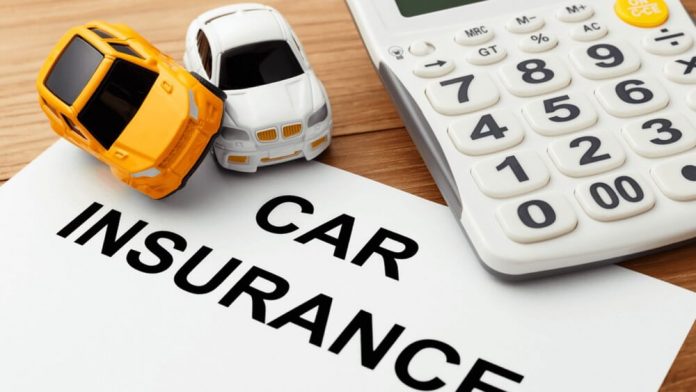When one buys or leases a car, it’s essential to safeguard the investment. Purchasing car insurance would provide peace of mind in the event that you are involved in an accident or your vehicle is stolen, vandalized, or damaged by a natural disaster. People pay annual premiums to a car insurance company instead of paying out of pocket for auto accidents; the company then pays all or most of the costs associated with an auto accident or other vehicle damage.
Car insurance, also known as auto insurance gives users financial benefits for physical damage to a vehicle as well as bodily injuries. Traffic accidents are common in densely populated countries. As a result, car insurance has become mandatory. To deal with such conditions in this hustle and bustle situation, drivers on the road require motor insurance to cover vehicle damage and personal accidents.
Car insurance can also provide financial protection against vehicle theft as well as damage to the car caused by events other than traffic collisions, such as keying, weather or natural disasters, and colliding with stationary objects. The specific terms of car insurance vary according to local laws.
Car Insurance Costs.
Premiums and deductibles are the two main costs associated with purchasing car insurance.
Age, gender, years of driving experience, accident and moving violation history, and other factors all influence car insurance premiums. Again, most states require a certain amount of car insurance. The minimum required by each state varies, but many people buy additional insurance to protect themselves further.
Furthermore, if you’re financing a car, the lender may require you to have certain types of car insurance. For example, if you’re buying a high-priced vehicle that will most likely depreciate quickly once you drive it off the lot, you might need gap insurance. If you’re in an accident, gap insurance can help you pay off the difference between the vehicle’s value and what you still owe on it.
Higher premiums will result from a poor driving record or the desire for comprehensive coverage. You can, however, lower your premiums by agreeing to take on more risk, which means raising your deductible.
How Car Insurance Works?
The insurance company agrees to pay your losses as outlined in your policy in exchange for a premium. Policies are priced individually, allowing you to tailor coverage amounts to your specific needs and budget. Policy terms are typically 6 or 12 months in length and are renewable. When it is time to renew a policy and pay another premium, an insurer will notify the customer.
Whether or not they require a minimum amount of car insurance, nearly every state requires car owners to carry bodily injury liability insurance, which covers costs associated with injuries or death caused by you or another driver while driving your car. They may also require property damage liability, which reimburses others for damage caused to another vehicle or other property by you or another driver operating your vehicle.
Several states go even further, requiring car owners to carry medical payments or personal injury protection (PIP), which reimburses medical expenses for injuries sustained by you or your passengers. It will also cover lost wages and other associated costs.
Here are some of the frequently asked questions regarding car insurance.
What is Comprehensive Coverage?
Comprehensive coverage assists in the replacement or repair of your vehicle if it is stolen or damaged in an incident that is not a collision. Comprehensive coverage, also known as “other than collision” coverage, typically covers damage caused by fire, vandalism, or falling objects.
What is Deductible?
Deductible is the amount you must pay when filing a claim before the insurance company will pay any damages to you. As an example, your policy could have a deductible of $500 or $1000. Accepting a higher deductible may result in a lower premium, but you must be reasonably certain that you can cover the higher amount if you need to file a claim.
What is Underinsured Motorist Coverage?
Your car insurance policy may include underinsured motorist coverage. It protects you if you are involved in an accident with someone who does not have adequate insurance. In the event of an accident, the at-fault party’s insurance is supposed to compensate the other injured party.

